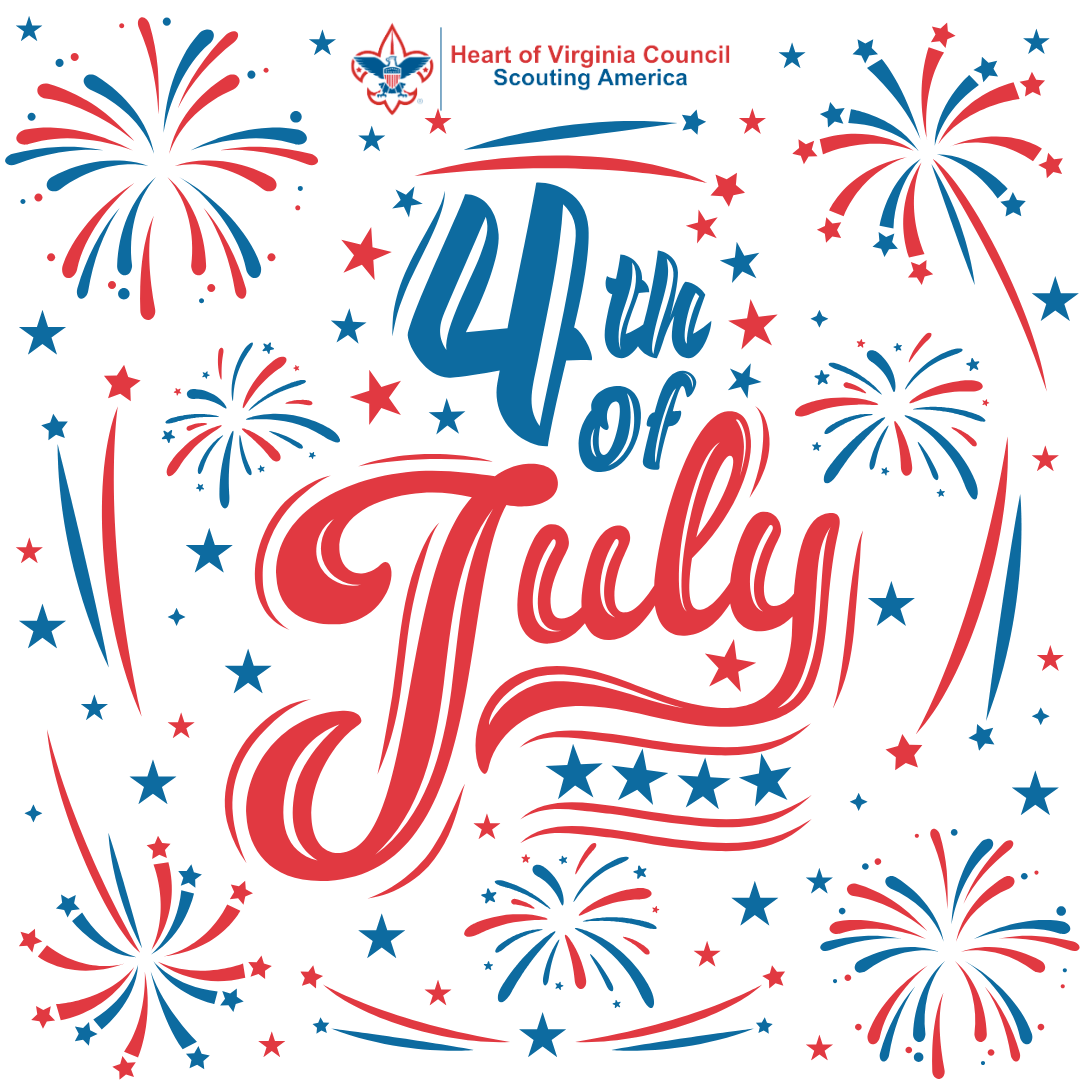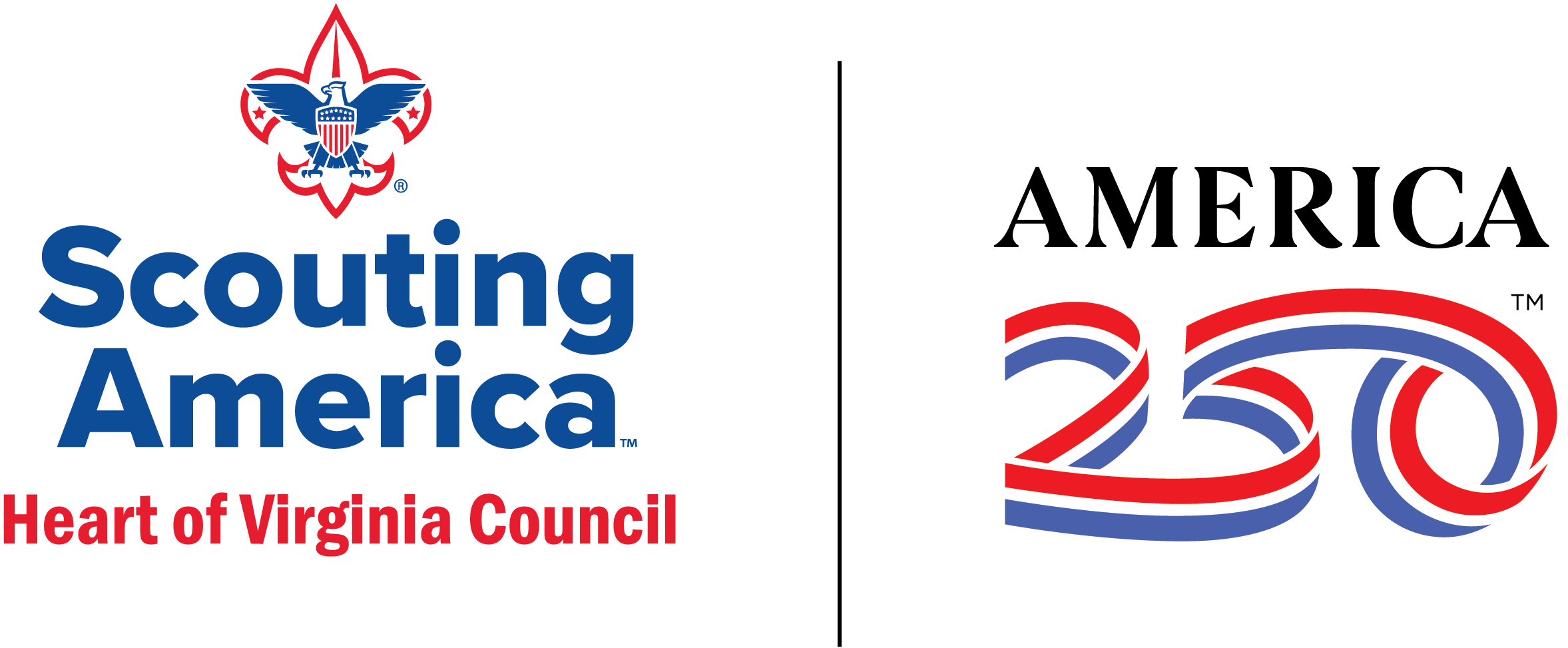
A Scout’s Duty to Country – Independence Day
From their very first rank advancement, Scouts learn that citizenship and patriotism are vital parts of their journey. Scouting instills a deep respect for our nation’s heritage, a sense of civic responsibility, and a commitment to serving others.
Through age-appropriate advancement requirements—from learning to fold the flag as a Tiger Cub to earning Eagle-required Citizenship merit badges—Scouts build a lifelong understanding of what it means to be an active, informed, and responsible citizen. Whether they’re meeting with local leaders, participating in flag ceremonies, or leading service projects in their communities, Scouts live out their duty to country in meaningful and lasting ways.
Cub Scouts
Tiger (1st Grade)
Team Tiger Adventure: Participate in a flag ceremony; learn about your country.
Wolf (2nd Grade)
Council Fire Adventure:
Learn about your community and flag.
Participate in a service project.
Bear (3rd Grade)
Paws for Action Adventure:
Learn about the history of the U.S. flag.
Learn about law enforcement and the role of the government.
Webelos/AOL (4th–5th Grade)
Building a Better World (required for AOL rank):
Learn about citizenship, rights and duties of citizens, and the flag.
Meet with a government or community leader.
Explore the meaning of the Scout Oath and Scout Law in civic life.
Scouts BSA
Second Class
Discuss your constitutional rights and obligations as a U.S. citizen.
Participate in a flag ceremony.
First Class
Demonstrate how to display, raise, lower, and fold the U.S. flag.
Learn about government functions and services in your community.
Star, Life, Eagle
Ongoing requirement to participate in service projects benefiting the community.
Eagle Scout candidates must plan and lead a significant service project that demonstrates leadership and benefits a religious institution, school, or community.
Citizenship Merit Badges
All three of these merit badges are required for Eagle and deeply explore duty to country:
Citizenship in the Nation: Understand the U.S. Constitution, visit a federal site, and discuss national issues.
Citizenship in the Community: Learn how local government works and participate in community service.
Citizenship in Society: Explore ethical decision-making, diversity, equity, and being an engaged citizen.
Venturing
Venturers commit to
“help strengthen America, to be faithful in my religious duties, and to respect the beliefs of others.”
This reflects a broader civic and ethical responsibility.
Key ways Venturers demonstrate duty to country:
Pathfinder and Summit Awards:
- Engage in service hours that benefit the community.
Plan and lead a significant service project for the Summit Award.
Learn about citizenship and governance through the Venturing ALPS model (Adventure, Leadership, Personal Growth, and Service).
Ethical Controversies and Mentorship Requirements:
Discuss real-world issues and how personal values relate to national and global citizenship.
Sea Scouts
Sea Scouts uphold the Sea Promise, which includes:
“I will do my best to guard against water accidents and to build up the spirit of American citizenship.”
Ways Sea Scouts live this out:
Service Projects:
Required at all ranks, especially for Able and Quartermaster, the highest Sea Scout rank.
Projects often benefit maritime communities or public resources.
Citizenship and Leadership:
Learn maritime laws, customs, and the responsibilities of citizenship through Sea Scout advancement.
Participate in flag ceremonies and public events promoting civic pride.
Quartermaster Rank (equivalent to Eagle Scout):
Requires a leadership service project.
Demonstrates maturity, leadership, and responsibility toward community and nation.
Additional Resources
